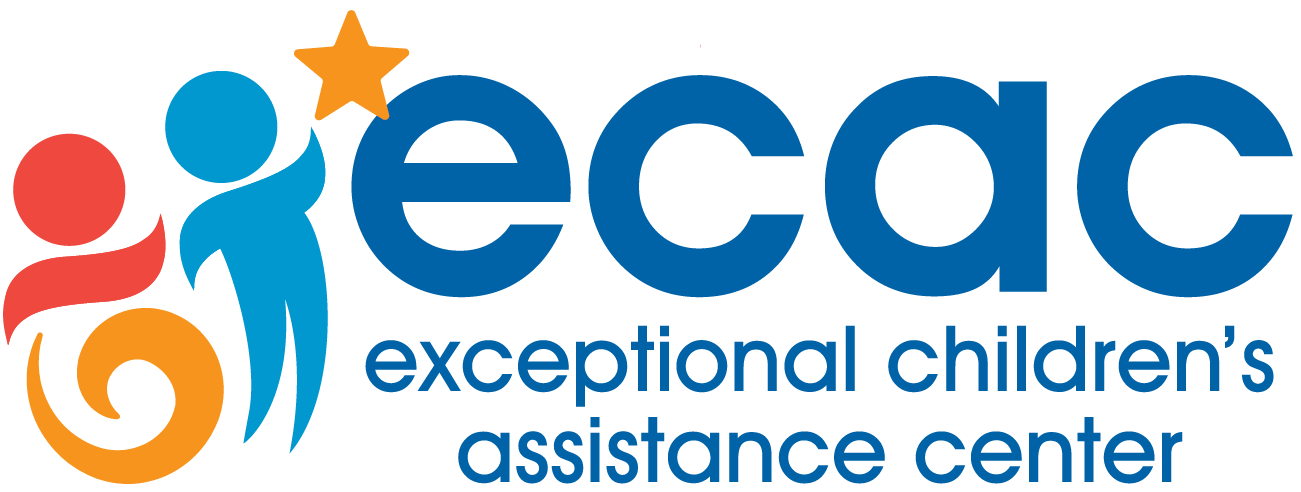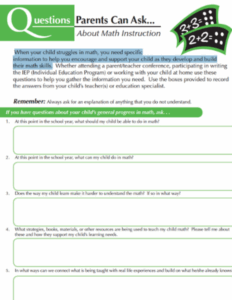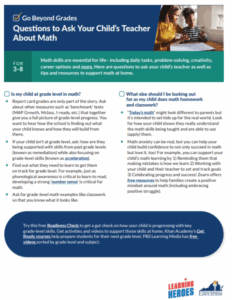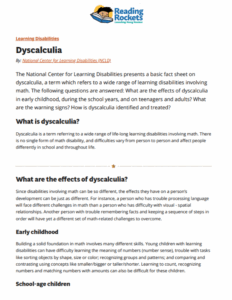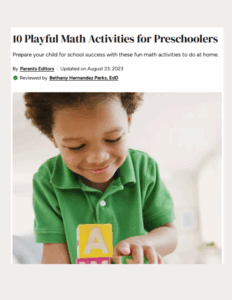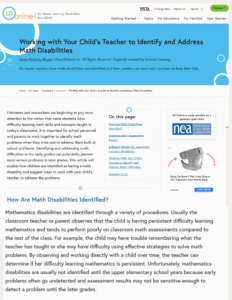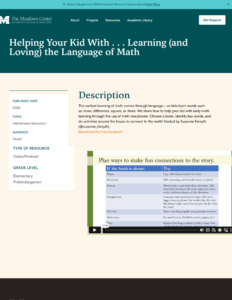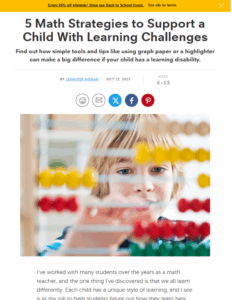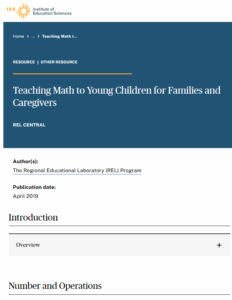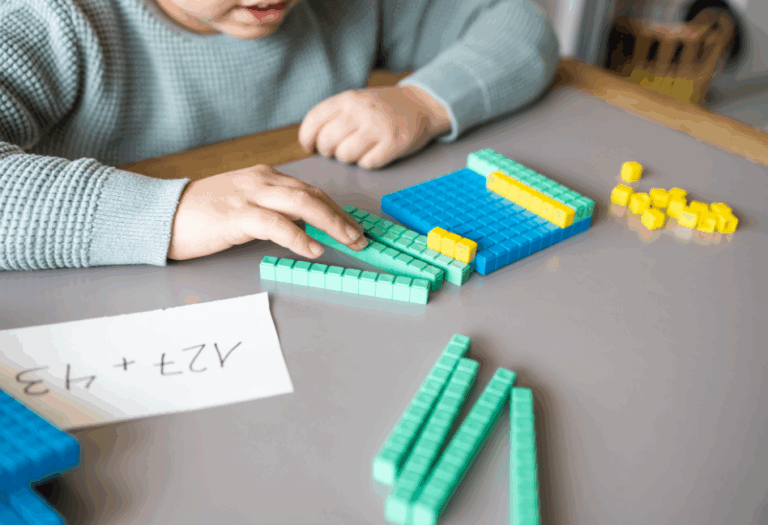
Math for All: Family Resources to Support Diverse Learners
Welcome to the North Carolina State Improvement Project (NC SIP) Math Resources page. Math is a key life skill that helps children build confidence and navigate everyday situations. For children with disabilities, developing math skills can open doors to greater independence and future opportunities. Schools and teachers play an essential role, but the best outcomes happen when families and educators work together. Hope you’ll find these tools, tips, and strategies helpful as you support your child’s math growth at home. These activities are designed to help you make the most of everyday teachable moments. Every child is different, so not every activity will be the right fit for your child. Feel free to adjust or modify to better meet your child’s individual needs.
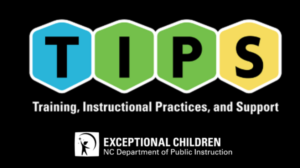 Families are essential to the growth and development of students. The positive impact on a child’s academic and emotional well-being is evident in the numerous research studies conducted for over 50 years. Below are some resources that can help families begin to take positive steps forward in partnering with schools to support their student’s achievement.
Families are essential to the growth and development of students. The positive impact on a child’s academic and emotional well-being is evident in the numerous research studies conducted for over 50 years. Below are some resources that can help families begin to take positive steps forward in partnering with schools to support their student’s achievement.

- Early Family Math Interactive Storybooks (Multiple languages)
- Learn at Home Math Activities
- Make it Math: Family Math Activity Toolkit
- Family Math Activities (English/Spanish)
- Play with Me! How Games and Playtime Can Help Your Child Learn Math
- Young Mathematicians: Play Our Games (Video instructions in a variety of languages)
Website Resources
(Ages 2-8) A section of PBS Parents featuring engaging, age-appropriate math games, activities, and tips .
(Ages Birth – 8) This website from the Stanford initiative offers research-based, playful activities designed to integrate everyday math into family routines.
(Ages 3- 6) A University of Chicago project offering tools and resources that promote positive math experiences.
(Ages 3 – 20) A math directory providing expert tips and strategies tailored to math learning challenges.
(K – Early Adulthood) An archive focusing on math and aspects of learning disabilities, interventions, and supports for learners with dyscalculia or related needs.
(Grades pre-K – third): This math section features articles and resources exploring the connection between math and literacy development.
(Grades K- 12) A bilingual site with a variety of resources for educators and families of English language learners, including math resources.
https://www.colorincolorado.org/teaching-ells/content-instruction-ells/math-instruction-ells
(Grades K- 12) A family-oriented site that reinforces that math happens to us every day. The site provides materials for families to engage in math.
(Ages 3-9) This site offers daily activities for families to engage in math offering fun and real-world math.

Making Summer Count: Learning Doesn’t Stop When School Does
Preventing learning loss during the summer months is crucial for children with disabilities. Click below for tips to support continuous learning.
